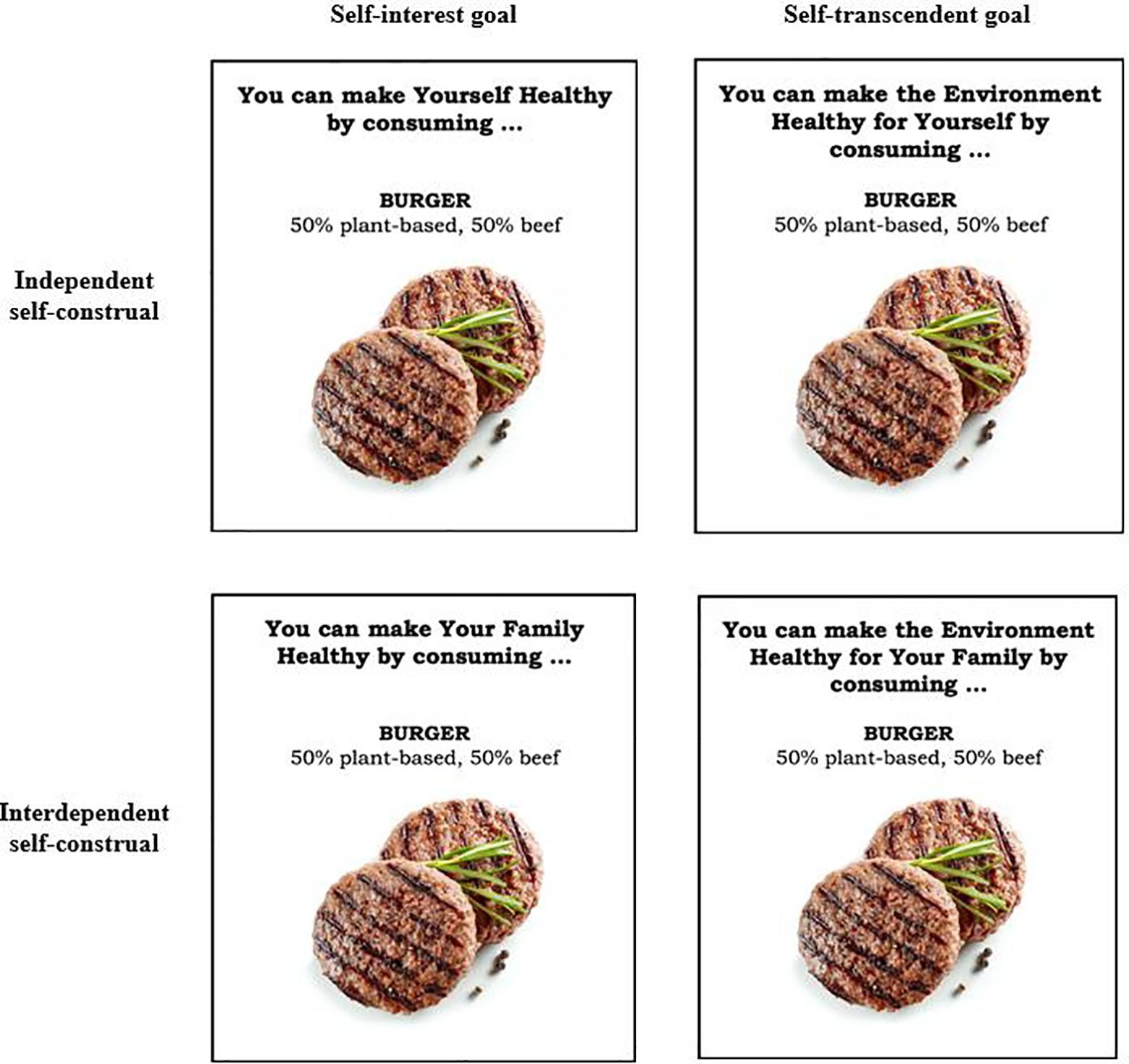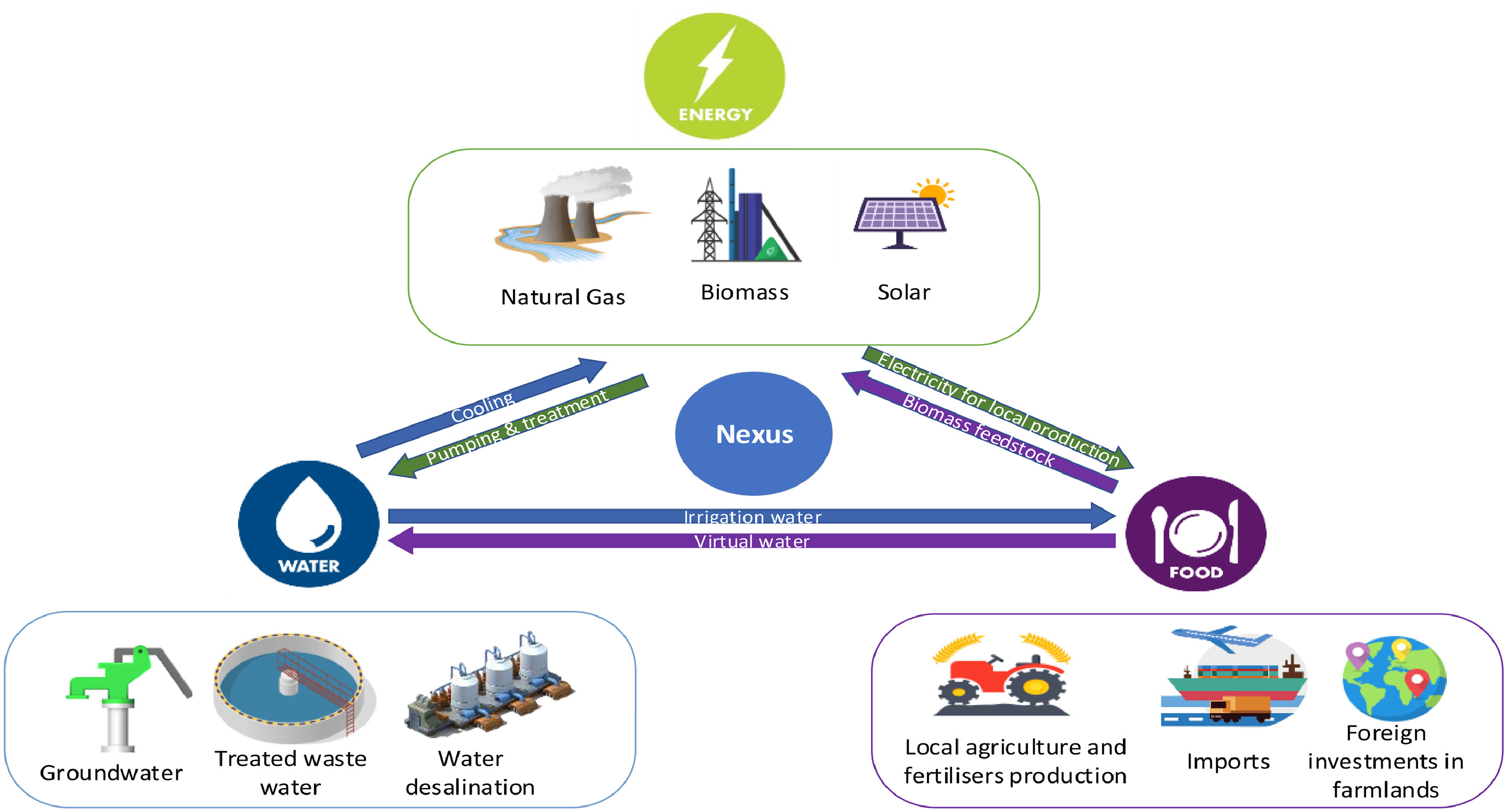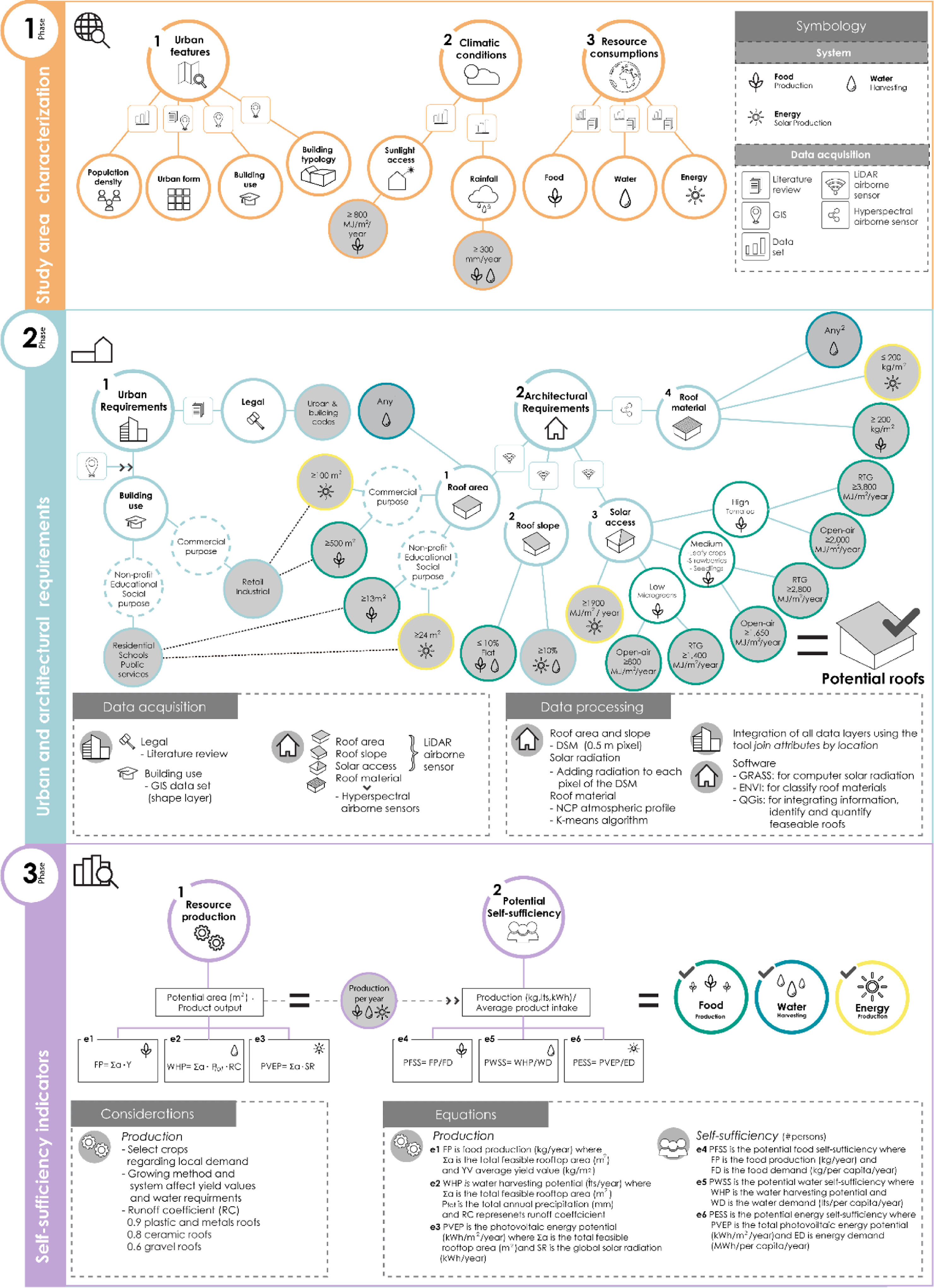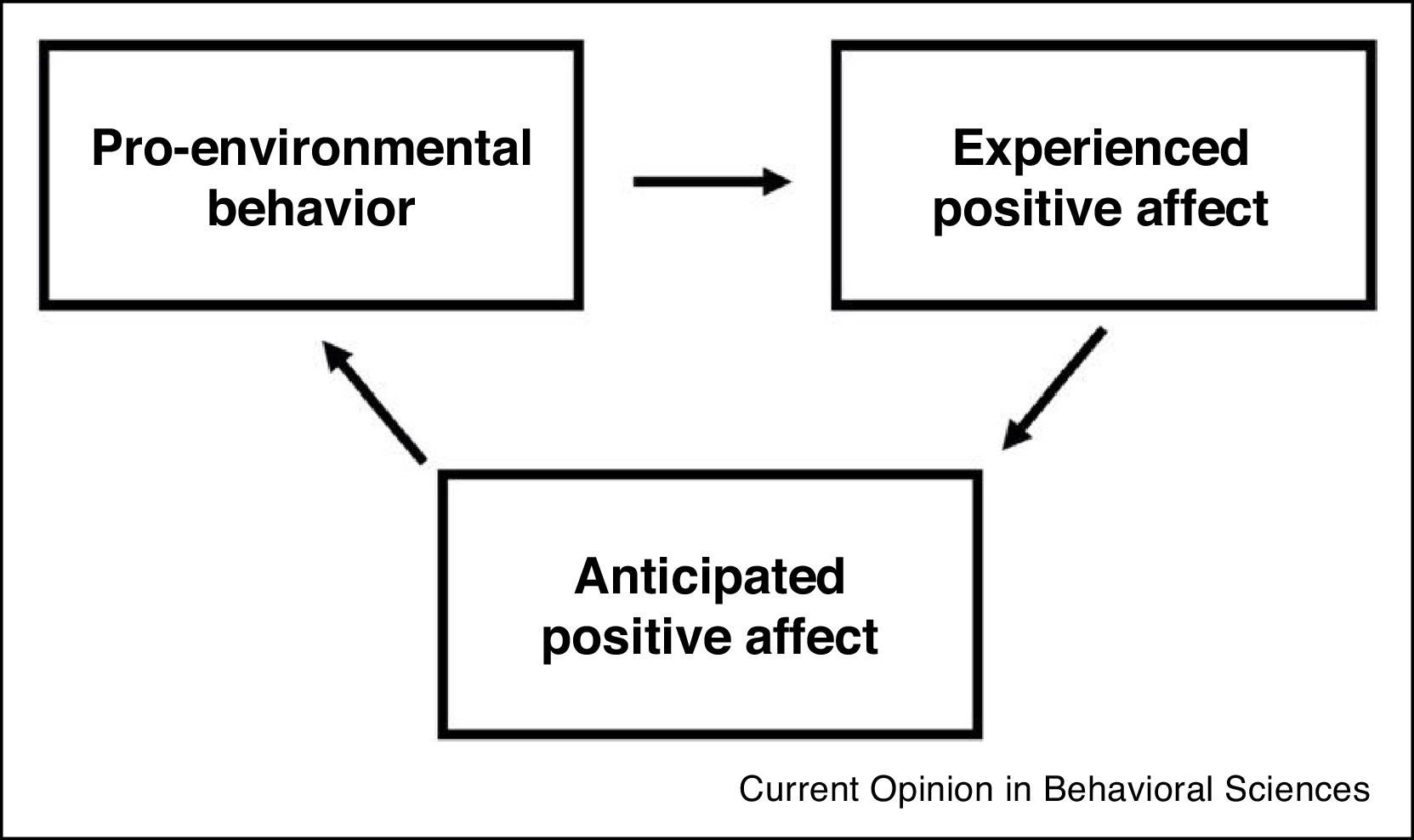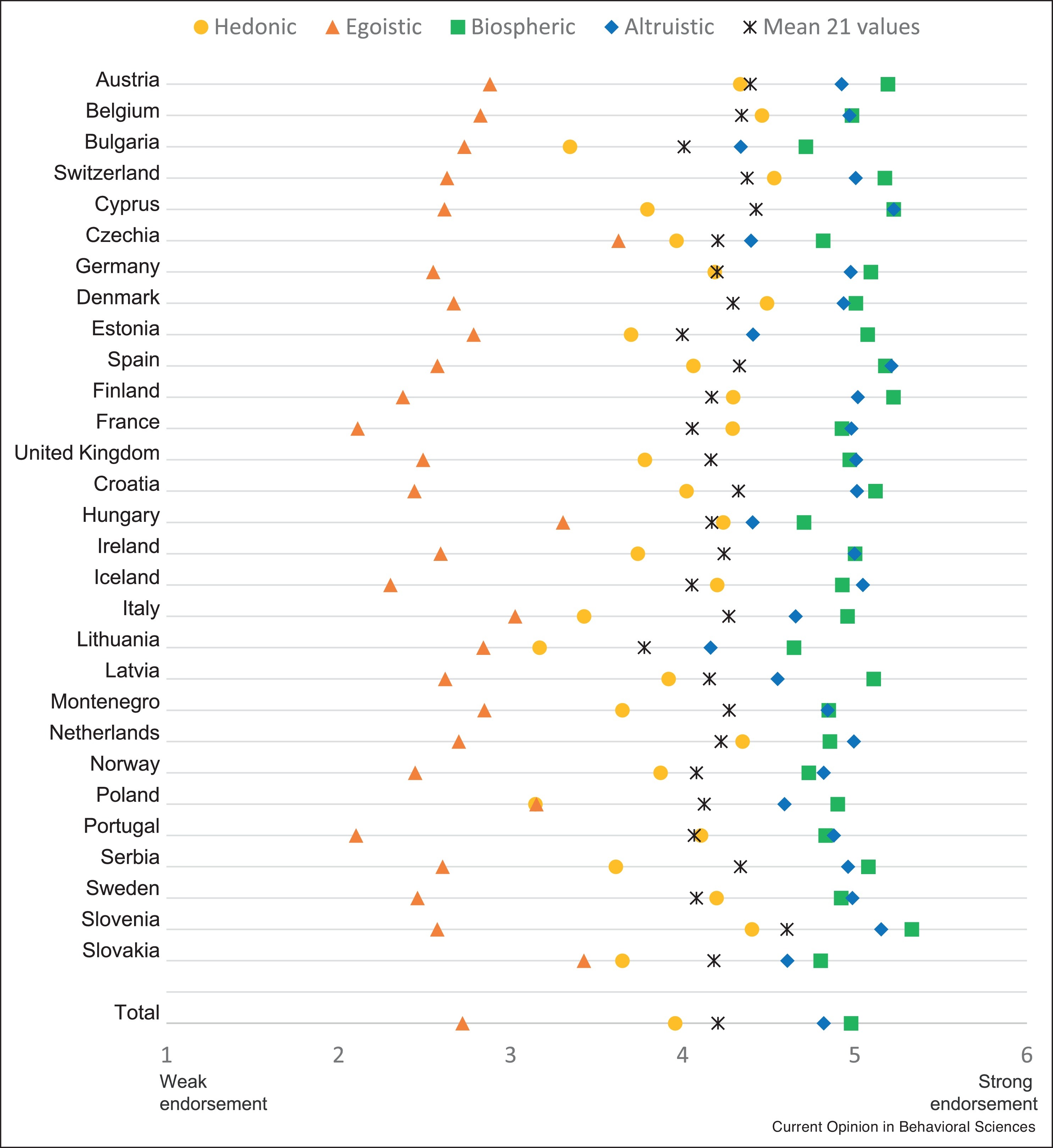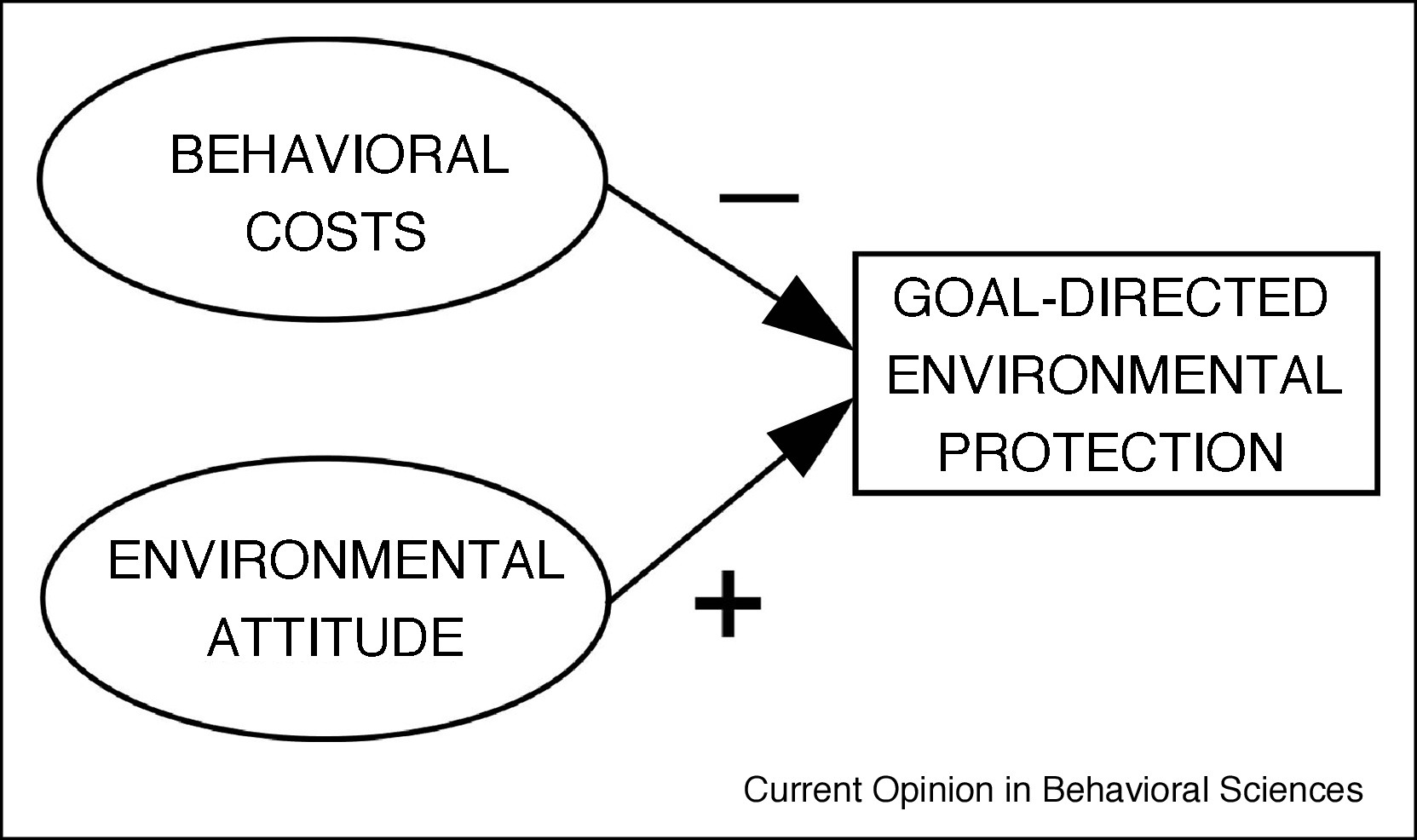Resources Policy, Volume 74, December 2021
With the rapid development of China's economy, it has become crucial to achieve the right balance between economic development and environmental protection. Green growth is a significant approach to addressing the relationship between economic development and the environment. Low-carbon development and ecological protection are two essential aspects of green development, and they tremendously impact enterprises' resource-based supply chain. Hence, this paper seeks to explore the revenue distribution mechanism of the resource-based supply chain in the context of green development.
